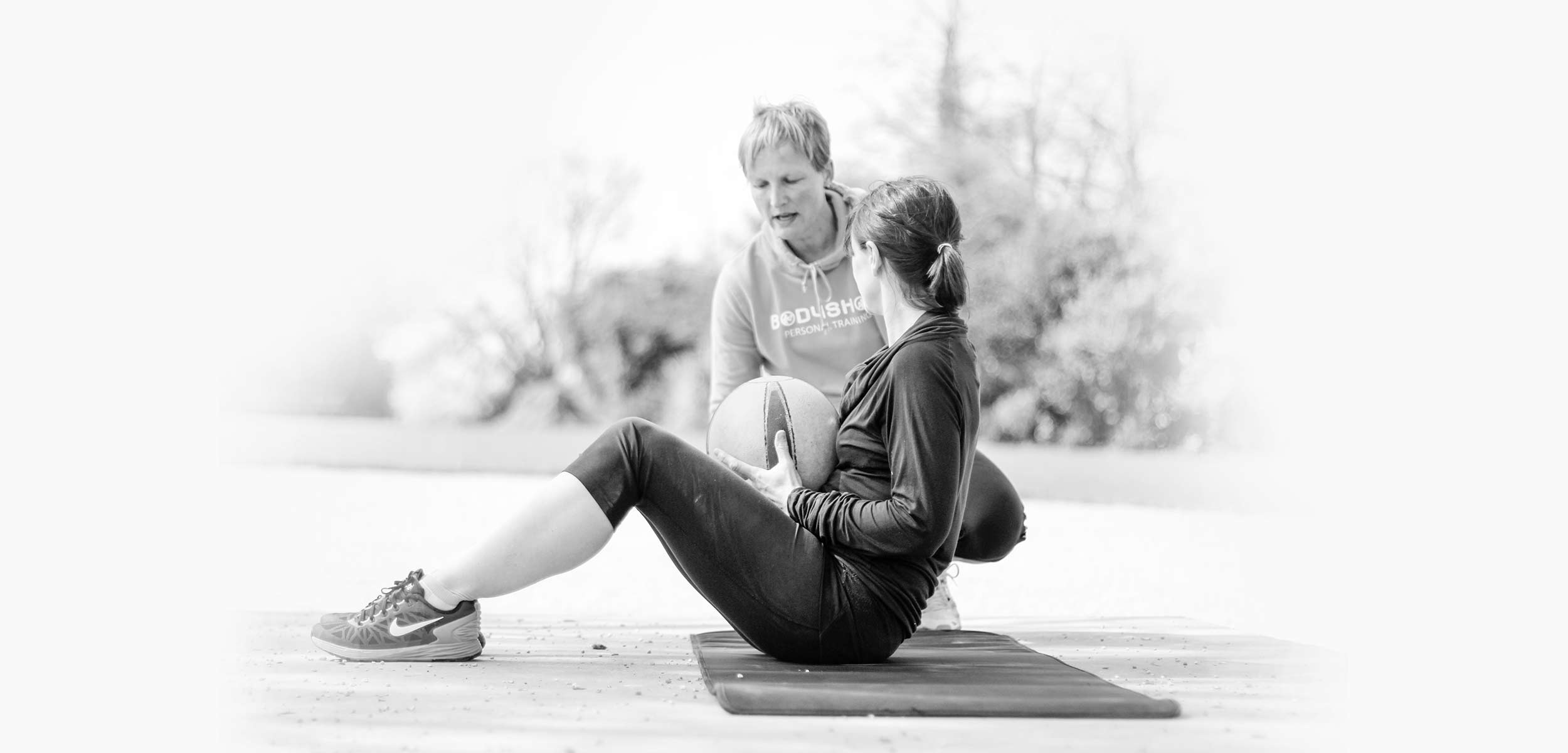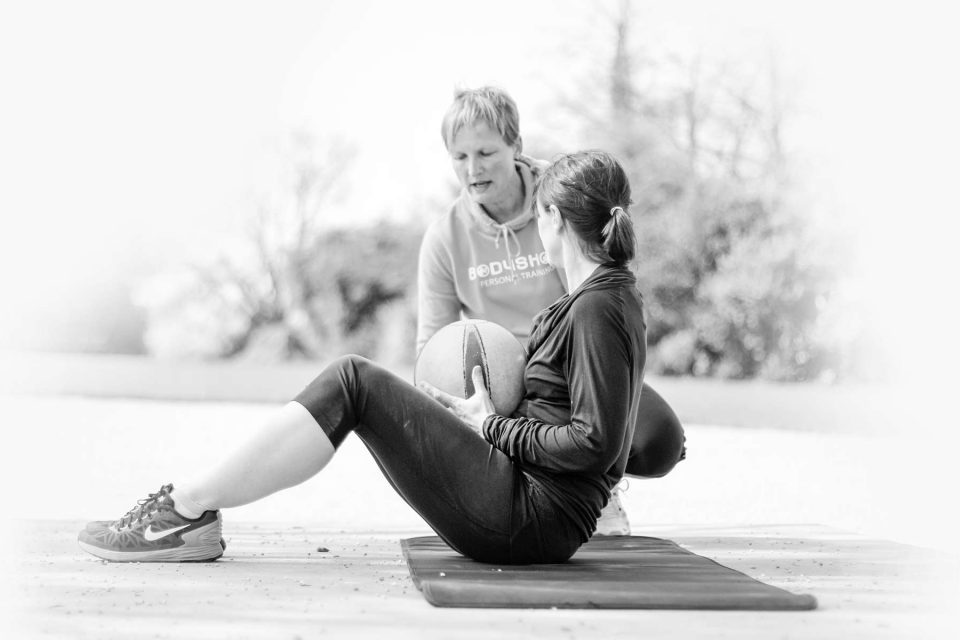
“Muscle weighs more than fat though doesn’t it”
This is a statement I hear a lot, and before I started my professional fitness career, I believed it to be true as well. It’s one of the common exercise myths that still persists today, but in this blog post I’ll tell you how it really is, and smash a few other myths whilst I’m at it. So here are my top five exercise myths – debunked….
Muscle weighs more than fat
Muscle doesn’t weigh more than fat – a pound is a pound! A pound of muscle will weigh the same as a pound of fat. The difference is in density. A pound of muscle is denser than a pound of fat, and therefore will appear smaller. So a pound of muscle might be roughly the size of a small chicken breast, whereas a pound of fat will be the size of a large chicken breast (forget the precise measurements, focus on the scale). It therefore follows that an 11 stone female with a lot of lean muscle mass will look significantly smaller and trimmer than an 11 stone female who has very little lean muscle mass and a large proportion of fat. It’s important to find the balance between a healthy and unhealthy amount of fat, but unless you are very overweight, the real focus should be on fitness, not fatness.
Women get bulky if they lift weights
This is one of the biggest and most damaging myths that still persists. To be clear, women cannot develop significant muscle mass without the presence of testosterone, and we typically don’t produce enough of it to do that. There will be exceptions, and genetically we are all different, but overwhelmingly the vast majority of women will not ‘get bulky’ or develop large muscles from weight lifting. We need to forget this damaging (and limiting) belief, because lifting weights is actually very important for women. Firstly, it keeps us strong, but it’s also vital for our bone health. After the menopause, women stop producing so much oestrogen, which weakens our bones. Lifting weights (or any form of resistance training) strengthens the bones and reduces the risk of fractures.
You need a lot of time to fit in exercise
I often hear about people who claim they don’t have time to exercise, because they think they need at least an hour. That’s simply not true. A 30-minute brisk walk is very effective especially if done daily, and can be combined with something else, i.e. a trip to the shops or your daily commute. A 15-minute Tabata workout is highly effective, and that includes warm-up and cool-down. Even a 2-mile run with some interval sprints thrown in only needs to take 30 minutes. Exercise can be fitted into any time slot that’s 10 minutes plus, and you can use the floor at home, benches in the park, or the outdoor gym. All you need is yourself and a small space. Get in touch with us (info@bodyshotperformance.com) if you want some ideas on short workouts, we will happily send you some suggestions.
You need to carry water or a sports drink
It’s important to stay hydrated, but if you’re going for a run of 60 minutes or less, you do not need to carry a water bottle with you. Hydration is a constant requirement; you should be aiming to stay hydrated all the time, and not just around the time you exercise. You can monitor your hydration levels by looking at the colour of your pee, be aware of how thirsty you are and tracking how much water you’re taking in every couple of hours. If you’re exercising for 60-minutes or more, then by all means take on a small amount of water. This is even more important for sports drinks. You only need a sports drink if you’re doing vigorous and demanding exercise for over 90 minutes. That’s it. Even then, I would heavily dilute a sports drink with water, as the heavy dose of glucose that a sports drink provides can cause nausea, and simply isn’t necessary for most recreational athletes.
Exercise alone will make you lose weight
There are many benefits of exercise, and it can help to burn fat, but exercise alone will not make you lose weight. Weight loss – or more accurately, fat loss – will come mainly from diet and a balanced nutritional program. Changing your diet will create the body composition changes that many people crave, and exercise will add strength, agility, mental focus, increased energy, better sleep, improved cardiovascular health and reduced risk of serious disease. Exercise alone won’t help you change your body composition. It has to be a combination of careful and balanced eating and increased physical activity, in that order. We often see people turn up to sessions once or twice a week and expect the weight to drop off them – it won’t happen unless you make some changes to your diet. Start small, build on it gradually, and don’t forget to celebrate your successes!
Leanne Spencer is a fitness entrepreneur, bestselling author of Rise and Shine: Recover from burnout and get back to your best, and founder of Bodyshot Performance Limited. Bodyshot is a health and fitness consultancy that uses innovative techniques such as DNA testing, wearable tech and bespoke coaching to transform the lives of our clients. Visit www.bodyshotperformance.com or send an email to info@bodyshotperformance.com if you’d like more information.


